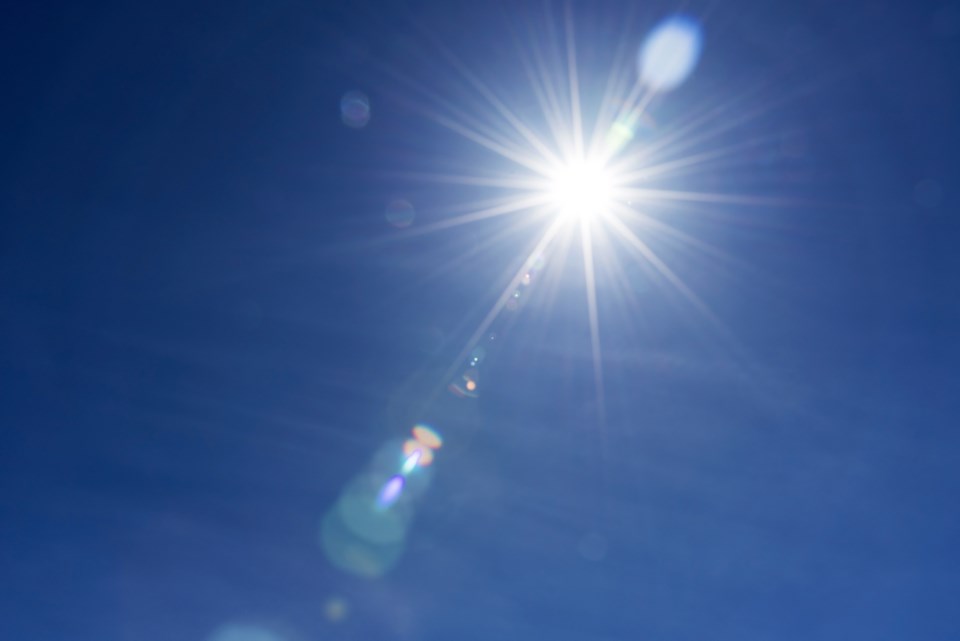After the record-breaking heat wave, it was encouraging to see a lot of content in this week's Pique on the matter of global warming.
Yet just the week before, the Pique carried a story about 1,400 Whistlerites again protesting pay parking. Their inconvenience suddenly appears so trivial, after the fiery destruction of Lytton, and 719 heat-related deaths in British Columbia in five days [This was about three times the usual number of sudden deaths for that time period], more victims than COVID-19 ever claimed in five months!
I am 61 years old and even the most dire climate change modelling did not anticipate 42°C in Whistler in my lifetime.
It should be evident now that anthropogenic global warming is no longer a controversy, nor a threat, and far beyond a crisis. Let us get the terminology correct ... we are now dealing with an emergency one that should motivate all citizens and politicians to swiftly adopt drastic measures to immediately reduce greenhouse gas emissions.
Unlike the recent pandemic, there is no vaccine to save us this time. As much resistance as it may generate from indignant motorists, Transportation Demand Management is desperately required worldwide to reduce fossil fuel consumption.
Suddenly, our municipality's Big Moves initiative appears to be far too timid. Reduce car trips by 50 per cent in nine years? Why can't we do this in nine days? In fact we have already done so, for a two-week period during the Olympic Games in 2010.
With so much to lose, if we cannot show some leadership on this issue, who will?
With wildfires and rained-out winters, Whistler is facing the real prospect of no trees and no snow within 10 years. That would presumably also mean no visitors, and no more need for paid parking ... is that the form of transportation demand management that we prefer?
Dr. Tom DeMarco // Whistler





